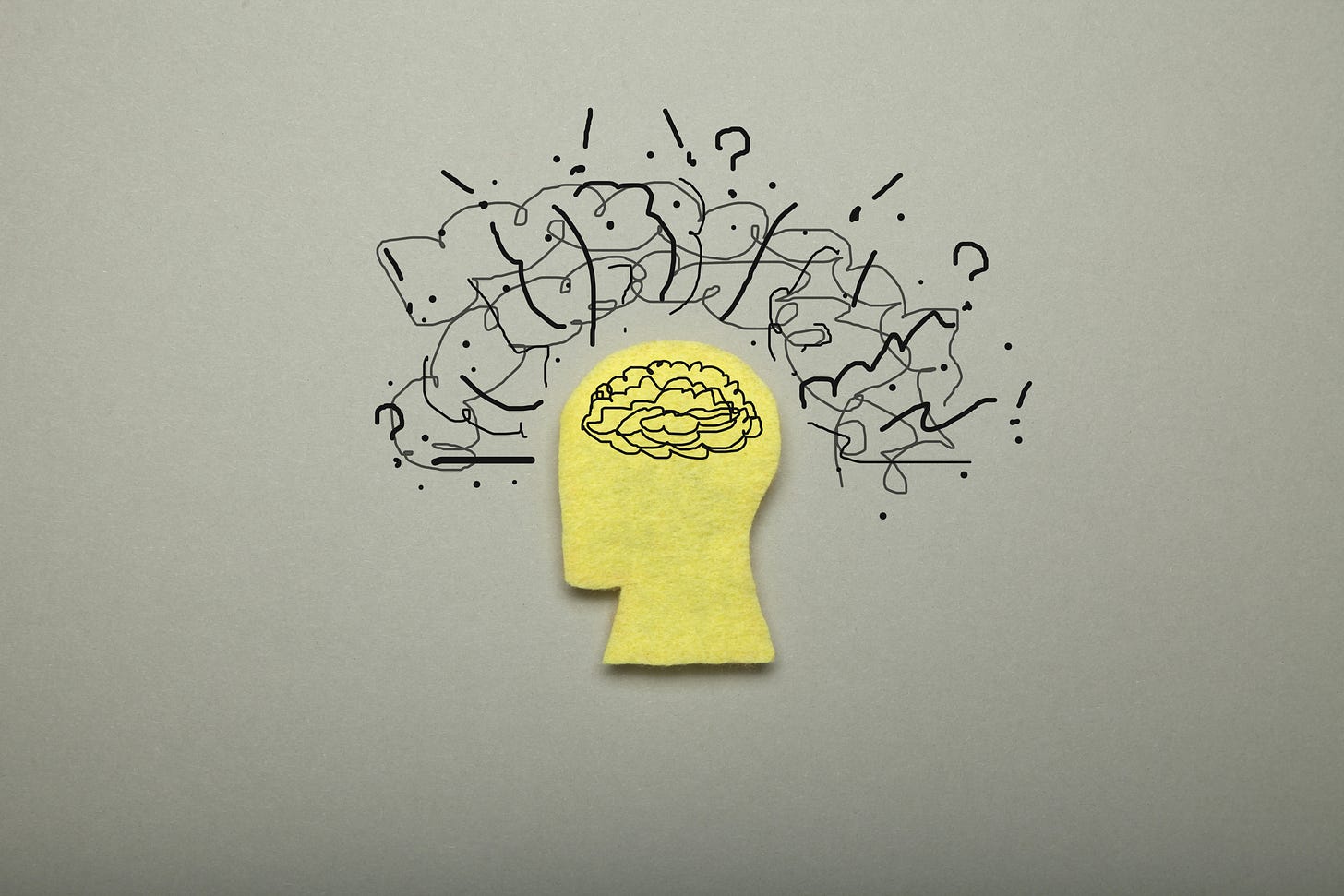One of the themes to emerge from over two years of podcasts is the lack of linearity in life. One follows society’s prescribed path. We go to school, marry, find material success…but what does it all mean?
Is “success” about fitting into that pattern? Or is it something deeper and more personally meaningful?
I tend towards the latter. A life spent chasing degrees and titles, addresses and automobiles, was once meaningful. But these days it fails to feed my soul. And my soul once awakened cannot be denied.
I am at a stage in life where many of my friends are retiring. I have zero desire to ever retire. I need to be creatively engaged. I am a seeker of answers for all those unanswerable questions. I am fortunate that my podcast guests freely share their life wisdom. I add their insights to my repertoire of experiences, hoping I’m wise enough to deploy them as needed.
I’ve not always been on this quest for deeper understanding. My trip has had many twists and turns.
It was partly the after effects of cancer treatments that caused me to take a detour. For me, chemo-brain was real and lasting. Chemo destroyed many of my left brain analytical abilities. On the one hand, the loss of those dependable neuro-pathways was beyond upsetting. On the other hand, something new emerged.
I’m very familiar with the concept of neuroplasticity and my journey has been one of living the reality of it. With a diminished left brain, I had to learn to develop my right brain capabilities. And that has been a most interesting journey, one that I’m grateful to be on.
I am reading Jill Bolte Taylor’s “Whole Brain Living”. Jill is a PhD brain researcher from Harvard who had a debilitating stroke. She found herself watching as her own brain shut down. You may have seen her TED talk, My Stroke Of Insight. It’s well worth watching.
Her latest book looks at how the various parts of the brain process information and the benefit of learning to integrate their divergent strengths for what she calls “whole brain living”. Her analysis goes beyond left and right brain thinking and dives deep into the energetic processing and integration of thought.
Our left brain thinks in language. It is a calculating intelligence that helps us develop hierarchical thoughts and timelines and get things done. It uses the experiences of the past to navigate the future. It’s both emotional and intellectual. It is here that monkey mind lives, that ongoing internal dialogue of thought that clutters our mind.
The right brain thinks in pictures and learns kinesthetically. It’s about wholeness and integration. It is entirely present moment.
It’s in this right brain that I’ve started spending more time. It started out of necessity and has been reinforced by a daily meditation practice. Living more in my right brain has reoriented my reality. While I used to be ultra-analytical (I went to Wharton; it was required), I now find myself exploring a more expansive, spiritual dimension of life.
Meditation allows me to access that peace and wonder of my right brain, shutting down the monkey mind of the left (not necessary a political statement, although you can feel free to construe it that way). In my right brain awareness I’ve found a deep spiritual correlation between presence, experience, and peace. It’s part of the game changing magic of stilling your mind. The trick is to hold onto it.
And I have. Retaining that deep peace is a priority for me. It is a practice which requires daily attention. My attention was drawn to this today as I woke not in peace but in distress. I had just sent my book off to my editor, and all my left brain fears and doubts were out in full force. Did I make that change? Is it good enough? Will people read it? Is it silly? Could it be wise? OMG I shouldn’t have sent it. It’s not ready.
My dis-ease this morning was a good reminder of why I meditate, why I so value my right brain. Here I have peace and wholeness. Here, the erratic, unending, self perpetuating judgements of the left brain do not exist.
But the trick, as Jill Bolte Taylor points out, is to wisely integrate the various components of thought, to know from where the fears arise and how to value that voice. And when to let it go.
Well I’ve already hit send on that email. Does that mean I’ve let it go? The manuscript is en route.
A minor swell of residual terror rises from my left brain. Will people read it? Will anyone notice? What about the reviews?
I think I’ll go meditate a bit.





